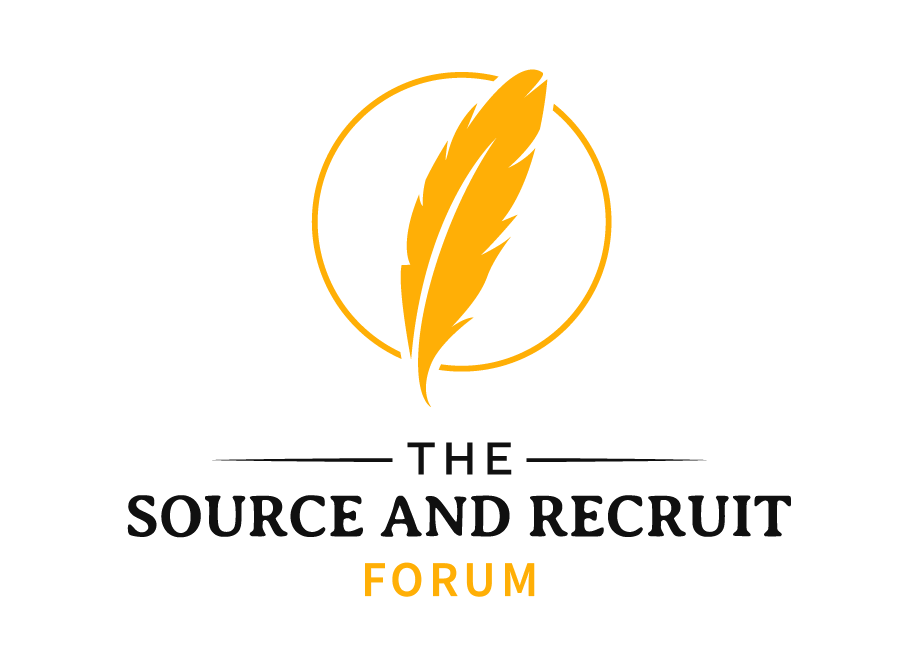I've noticed a trend among some thought leaders and numerous other professionals on LinkedIn: they seem to be constantly posting AI-generated content. It's not inherently a problem, but the writing gives it away – the style and speech patterns are too uniform, lacking the variability you'd expect from human-authored posts. These individuals are so active with their posts and comments that it makes me wonder how they find time for their actual work. It's almost as if they might be bots themselves.
Moreover, I've come to realize that many responses from LinkedIn users also appear to be AI-generated, using tools like FlyMSG. This realization leaves me feeling somewhat unsettled. It seems we've reached a point where our interactions online are essentially computers communicating with each other in English, under the guidance of humans. These individuals project an intelligence that might not be as pronounced in a simple, technology-free conversation over coffee.
I'm not sure if this evolution is positive or negative, but it's certainly strange...and here's the ironic twist: even this message about the pervasive use of AI in online content was crafted with the help of an AI. It seems we're all a little more robotic than we thought – or maybe the AI is just becoming more human.
Either way, welcome to the future of content creation, where the line between human and machine is as blurred as ever.
Moreover, I've come to realize that many responses from LinkedIn users also appear to be AI-generated, using tools like FlyMSG. This realization leaves me feeling somewhat unsettled. It seems we've reached a point where our interactions online are essentially computers communicating with each other in English, under the guidance of humans. These individuals project an intelligence that might not be as pronounced in a simple, technology-free conversation over coffee.
I'm not sure if this evolution is positive or negative, but it's certainly strange...and here's the ironic twist: even this message about the pervasive use of AI in online content was crafted with the help of an AI. It seems we're all a little more robotic than we thought – or maybe the AI is just becoming more human.
Either way, welcome to the future of content creation, where the line between human and machine is as blurred as ever.
